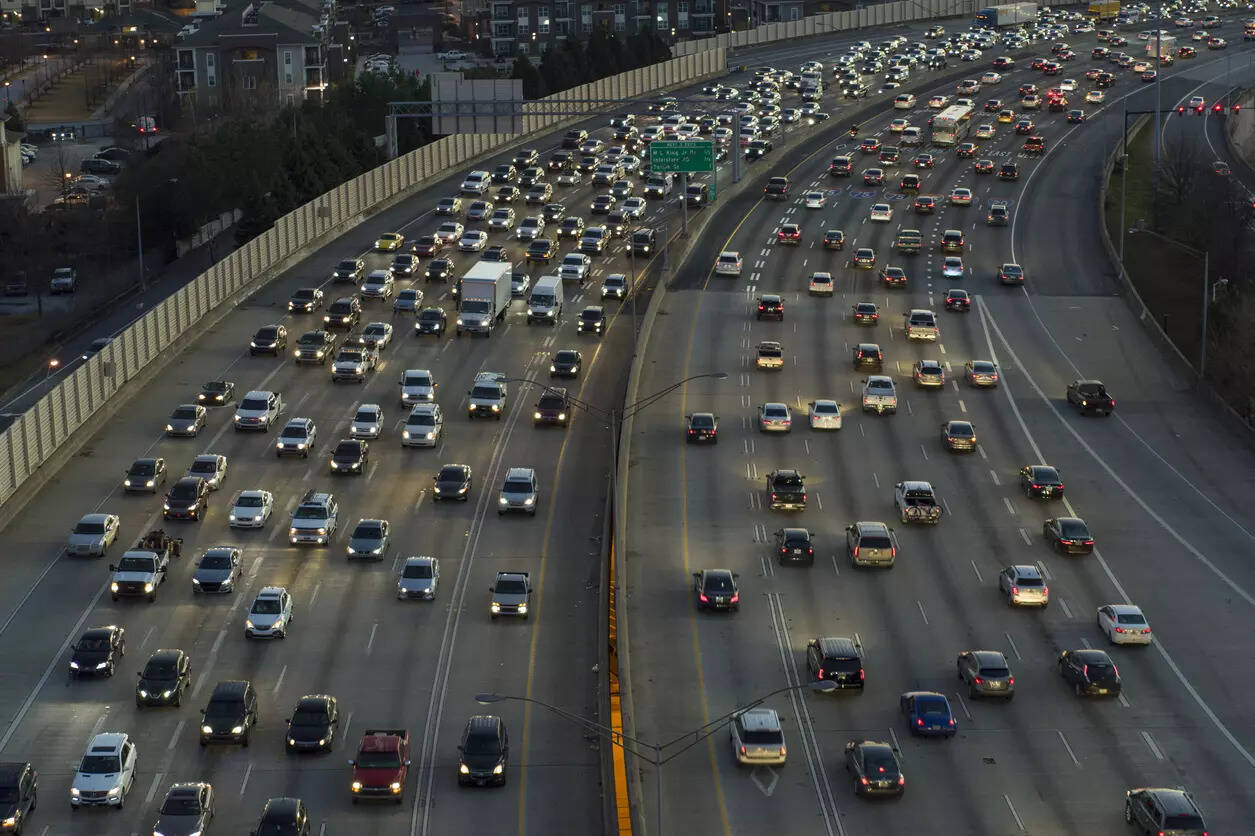
New vehicle sales in the United States for top global automakers rose in the second quarter on improving supply and pent-up demand, signaling that rising interest rates have not yet had a meaningful impact on purchases.
Vehicle production took a hit after the pandemic disrupted supply of semiconductor chips and other raw materials, hurting automakers’ ability to meet the upsurge in demand for cars, trucks and SUVs. The companies are now rushing to make up for the lost production as supply chain snags gradually ease.
“The jobs market has remained healthy, and consumers have found a way to buy new wheels,” said Cox Automotive‘s Chief Economist Jonathan Smoke.
Toyota Motor‘s North America unit reported a 7.13% rise in U.S. sales to 568,962 units for the quarter ended June.
Auto giant General Motors, however, surpassed Toyota in the quarter, with a near 19% rise to 691,978 units in the United States.
Compared to peers, the Japanese automaker has struggled to ship enough cars and trucks on time to dealers.
Earlier in the week, FCA US, a unit of Stellantis , reported a 6% increase in total U.S. sales.
Industry consultants J.D. Power and GlobalData estimate total U.S. auto sales to reach 4,116,600 units in the quarter ended June, up 18.2% from a year earlier.
Electric vehicles continue to see higher demand on incentives under the Inflation Reduction Act and a price war sparked by market leader Tesla Inc, which delivered a record number of vehicles in the quarter.
Analysts are keeping an eye on elevated interest rates, scarce credit availability and uncertainty in the economy, all of which could hurt demand.

